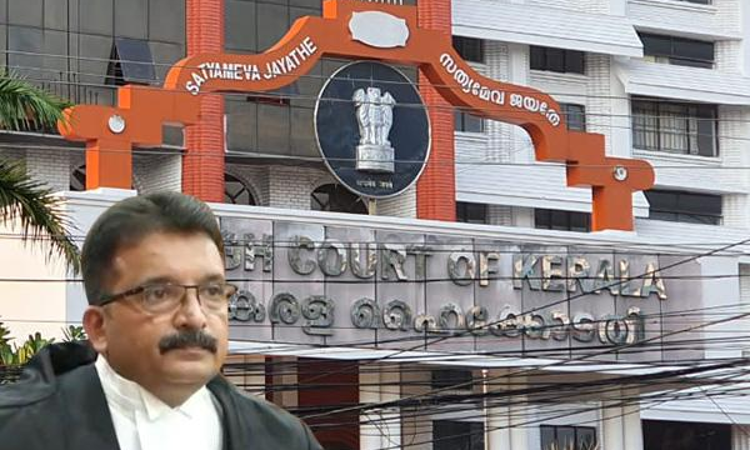DV Act | Magistrate Empowered To Refer Matters To Mediation, Record Compromise & Pass Order For Settlement: Kerala High Court
Navya Benny
19 Aug 2022 7:51 PM IST

In appropriate cases, it would be open to the court to formulate its own procedure, in which event the Court may not have to rely upon Cr.P.C.
Next Story


